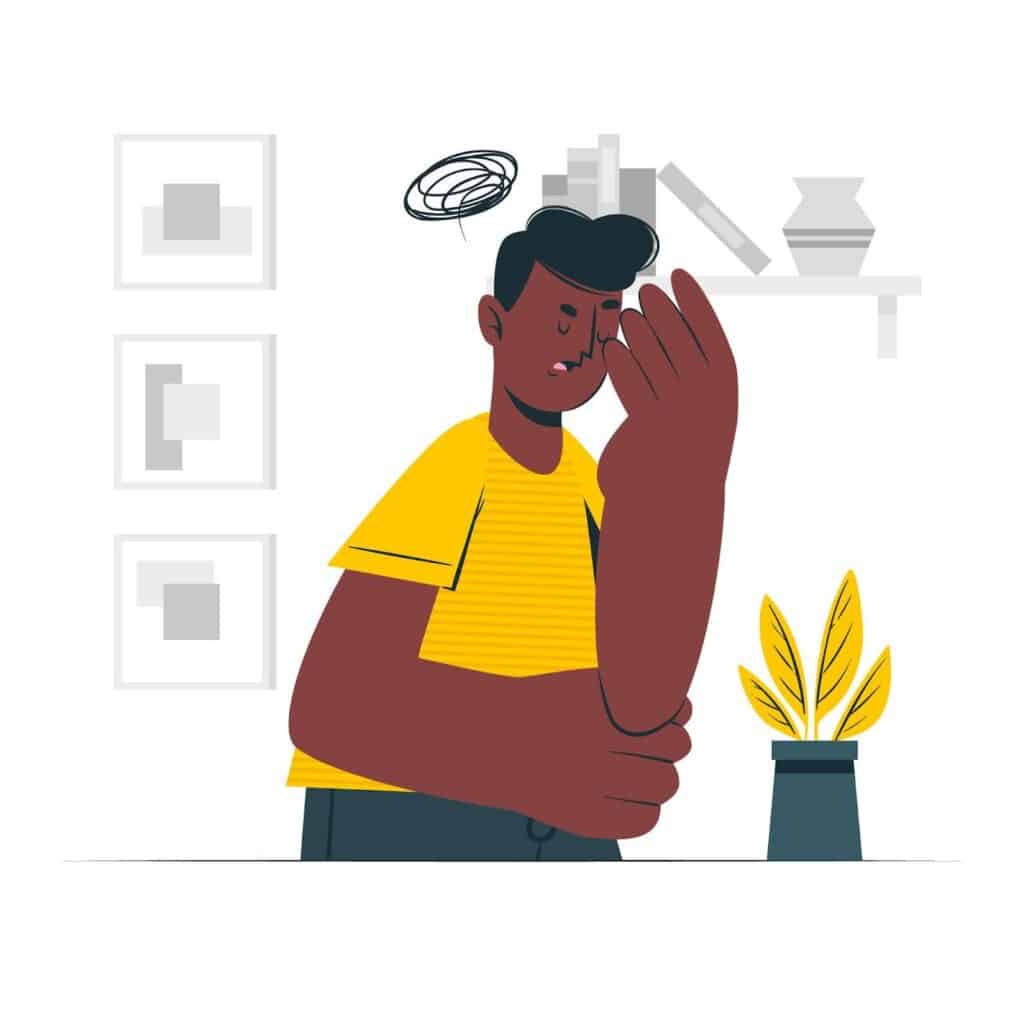Key Takeaways
- People with Narcissistic Personality Disorder may experience other mental health issues, which makes treatment more difficult.
- It’s not uncommon for people with NPD to also have major depressive disorder and anxiety.
- People with co-occurring disorders need treatment plans that are flexible and address both NPD and associated conditions.
- Effective therapies include Schema-Focused Therapy, Dialectical Behavior Therapy, and Cognitive Behavioral Therapy.
| A Mission For Michael: Expert Mental Health Care Founded in 2010, A Mission For Michael (AMFM) offers specialized mental health care across Southern California, Minnesota, and Virginia. Our accredited facilities provide residential and outpatient programs, utilizing evidence-based therapies such as CBT, DBT, and EMDR. Our dedicated team of licensed professionals ensures every client receives the best care possible, supported by accreditations from The Joint Commission and the California Department of Health Care Services. We are committed to safety and personalized treatment plans. Start your recovery journey with AMFM today! |

Narcissistic Personality Disorder (NPD) can be associated with other mental health issues—making it more challenging to diagnose and treat. Let’s take a look at the common co-occurring disorders with NPD and how they affect treatment.
It’s important to identify these associations so we can create comprehensive and effective treatment plans that address NPD and related mental health challenges.
What is Narcissistic Personality Disorder?
Narcissistic Personality Disorder is a mental health condition that can deeply affect how people relate to themselves and others. Those with NPD often have a strong need for validation, low empathy, and difficulties balancing their self-image.
The DSM-5 notes that these traits make it hard to maintain healthy personal relationships. They also impact self-esteem and emotional stability. NPD traits range widely—from being overly confident to being overly vulnerable. This condition affects 1-2% of the general population. In clinical settings, its prevalence is higher.
Why Does NPD Often Co-occur with Other Disorders?
People with NPD are more likely to experience emotional instability and inner struggles—which can increase the risk of mental health issues. The stress of dealing with mood swings, impulsive behaviors, or interpersonal conflicts may contribute to conditions like depression, or anxiety.
Research shows these conditions can be the result of coping mechanisms that people develop to manage emotional pain or maintain a sense of control. For example, avoidance may temporarily ease distress, but it can ultimately make the underlying challenges worse.

Most Common Co-occurring Disorders with NPD
Major Depressive Disorder (MDD)
Studies show that 33-57% of people with NPD meet MDD criteria. This is particularly true for those with vulnerable narcissistic traits. Struggles with self-esteem can cause depressive symptoms—persistent fatigue, lack of interest in daily activities, and potentially increase the risk of suicidal ideation. MDD can make it harder to treat NPD by either making narcissistic behaviors more obvious or hiding them.
Bipolar Disorder
NPD can co-occur with bipolar disorder, particularly bipolar I. When someone is manic, they may feel more confident or focused on their own needs. When someone is depressed, they may feel very vulnerable. Because the symptoms change so much, it’s important to keep them under control with a combination of mood stabilizers and personality-focused strategies.
Anxiety Disorders
Around 40% of people with NPD experience anxiety. The most common forms are generalized anxiety disorder and specific phobias. Many people experience anxiety because they’re constantly dealing with stress in their relationships or feeling like they have to control how others see them. If anxiety isn’t treated, it can make it harder for people to manage their emotions and connect with others.
Borderline Personality Disorder (BPD)
NPD and BPD share many traits, including emotional instability and relationship problems. When these conditions occur together, they can lead to unique challenges, and treating both requires a thoughtful, tailored approach that addresses the characteristics of each.
Eating Disorders
NPD’s focus on self-image can be linked to eating disorders. Narcissistic traits—especially perfectionism—can lead to body image concerns. Effective treatment should address underlying self-esteem issues while targeting disordered eating patterns.

How Co-occurring Disorders Affect NPD Treatment
When NPD occurs alongside other mental health issues, treatment becomes more complex.
For instance, treating NPD with anxiety or depression needs a delicate balance of mood stabilization, emotional regulation, and empathy development. When additional issues like eating disorders are present, a comprehensive and integrated treatment plan is even more vital.
By managing these conditions simultaneously, people can receive the support they need for a real, long-lasting recovery.
Treatment Approaches for NPD with Co-occurring Disorders
- Schema-Focused Therapy (SFT) addresses deep-seated thought patterns and behaviors. It works well for NPD with depression or anxiety.
- Dialectical Behavior Therapy (DBT) helps regulate emotions and improve interpersonal skills. It’s especially effective for patients with borderline traits.
- Cognitive Behavioral Therapy (CBT) focuses on reshaping maladaptive thinking. It’s useful for NPD with anxiety or depression.
These approaches help people develop empathy, self-awareness, and emotional stability, which are important skills to work on with people who have NPD and the conditions that may also come with it.

Compassionate Care for NPD & Co-occurring Disorders
At A Mission for Michael, we understand that dealing with NPD along with other mental health issues can feel like a lot to handle. That’s why we offer residential mental health treatment programs designed to provide caring, all-around care in a friendly, home-like setting.
Our team is all about helping people with complex conditions like NPD, depression, and anxiety. We have a low client-to-staff ratio and focus on long-term recovery, so we can tailor treatment to meet your unique needs. Take the first step toward healing today!
Frequently Asked Questions (FAQ)
What mental health disorders commonly co-occur with NPD?
Narcissistic Personality Disorder often coexists with other mental health conditions, such as major depressive disorder, bipolar disorder, and anxiety disorders.
How does depression manifest alongside NPD?
Between 33-57% of people with NPD also have major depressive disorder. This is especially true for those with vulnerable narcissistic traits, where low self-esteem can trigger symptoms like persistent fatigue and lack of interest in daily life – and potentially increase the risk of suicidal ideation.
Can NPD and Borderline Personality Disorder occur together?
Yes, NPD and BPD have a lot in common. When these disorders occur together, they can cause a lot of conflict in relationships because one person’s grandiosity may clash with the other’s fear of abandonment.
What treatment approaches are effective for NPD with comorbid conditions?
- Schema-Focused Therapy is good for getting to the root of a person’s thought patterns.
- Dialectical Behavior Therapy is great for learning to regulate emotions and build better relationships, especially if a person has borderline traits.
- Cognitive Behavioral Therapy can help change negative thinking patterns.











